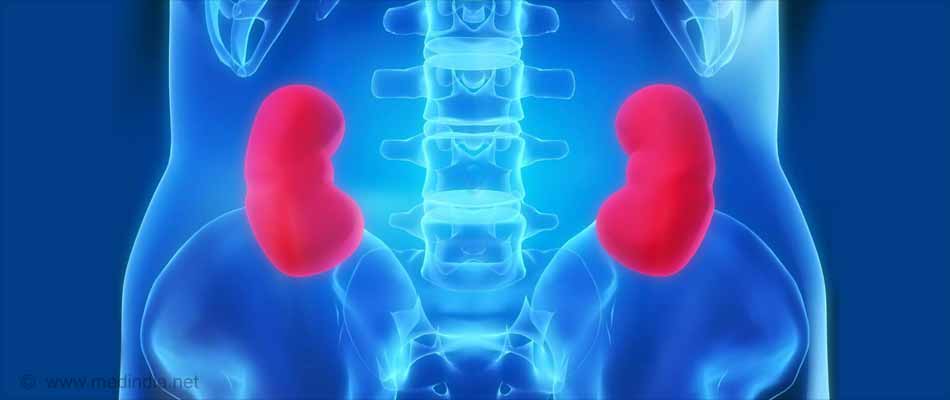Phosphorus Deficiency and Excess
Phosphorus Deficiency
Normally, you will not be deficient in phosphorus because typical adult diets contain abundant phosphorus. However, if you are taking high amount of calcium supplements, there is a chance you might run short of required phosphorus. This is especially true in cases of postmenopausal women who are asked to take calcium supplements.
A study found that 10 to 15 percent of older women have intakes of less than 70 percent of the recommended daily allowance. ‘When these women take high-dose calcium supplements that consist of the carbonate or citrate salts, all their food phosphorus may be bound and hence unavailable for absorption. Current-generation anabolic agents for treating osteoporosis require positive phosphorus balances of up to 90 mg/day,’ according to a study published in the Mayo Clinic Proceedings.
Inadequate phosphorus levels in the body is termed hypophosphatemia, the symptoms of which include:
- Anemia
- Muscle weakness
- Tingling in hands and feet
- Rickets in children and osteomalacia in adults
- Loss of appetite
- Susceptibility to infection
- Sometimes difficulty in walking

Who is at risk of phosphorus deficiency? As stated earlier, older women taking high dose calcium supplements are more prone to hypophosphatemia than others. In addition, alcoholics, anorexic individuals, and people with diabetic ketoacidosis too are at great risk for having hypophosphatemia.
Phosphorus and Chronic Kidney Disease
On the other hand, if you have kidney disease, your doctor may ask you to limit phosphorus-rich foods, especially animal foods, since they are rich in phosphorus and their absorption levels are also high.

High levels of phosphate in the body is called hyperphosphatemia and is commonly seen in those who have chronic kidney disease. Since kidneys are responsible for flushing out excess phosphorus from the body, phosphates accumulate when the kidney function is just 20 percent of the normal. This leads to hyperphosphatemia that includes symptoms such as:
- Muscle cramps and tingling of extremities
- Fatigue
- Bone and joint pain
- Shortness of breath
- Anorexia
- Nausea and vomiting
- Sleep disturbances

Scientists at UCLA recommend foods and supplements with no inorganic phosphorus additives, more plant-based proteins, and a dietary phosphorus-protein ratio of less than 10 mg/g. ‘Fresh egg white (phosphorus-protein ratio less than 2 mg/g) is a good example of desirable food, which contains a high proportion of essential amino acids with low amounts of fat, cholesterol, and phosphorus,’ they say.
Kidney experts from University of Pisa, Italy, recommend preparing phosphorus-rich foods by boiling them to reduce not only phosphorus, but sodium and potassium content as well.








